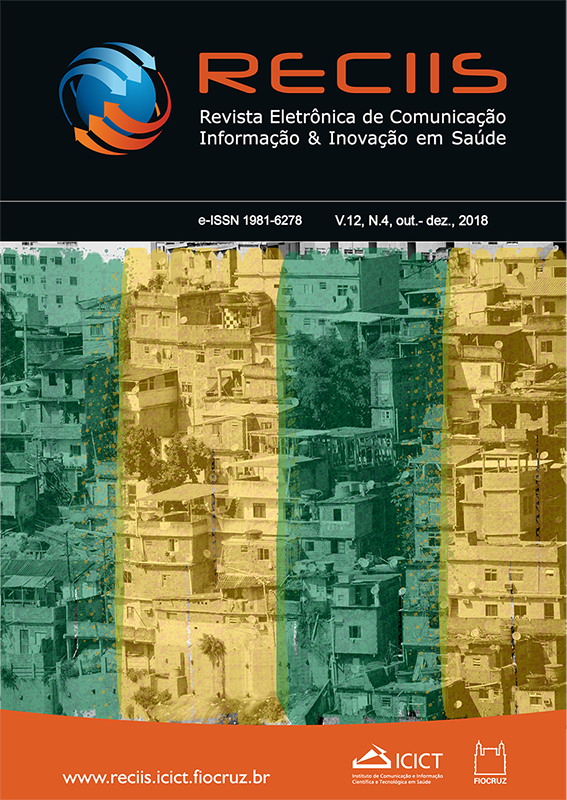Cultural adaptation of the health communication assessment tool to portuguese language, Brazil
DOI:
https://doi.org/10.29397/reciis.v12i4.1501Keywords:
Nursing education, Health Communication, Patient safety, Training by simulation, Validation studies.Abstract
This study aims to describe the process of cultural adaptation of the Health Communication Assessment Tool (HCAT) to Brazil. The HCAT is a scale that evaluates communication behaviors in clinical simulation. We developed a methodological research in an institution of higher education through the following stages: translation of the tool from English into Portuguese; evaluation by a committee of judges; back-translation; and semantic evaluation. All stages of the cultural adaptation process were rigorously developed ensuring semantic, idiomatic, cultural and conceptual equivalence between the original and the Brazilian version, in addition to a concordance of more than 70% of the nursing teachers who were invited to collaborate in evaluation. They are from three Brazilian regions – Northeast, Southeast and South – and participated in the last stage, namely semantic evaluation. It was concluded that the Brazilian version of the HCAT was culturally adapted and it will be a good tool to assess the communication skills of nursing students in a scenario of clinical simulation.
Downloads
Published
How to Cite
Issue
Section
License
Author’s rights: The author retains unrestricted rights over his work.
Rights to reuse: Reciis adopts the Creative Commons License, CC BY-NC non-commercial attribution according to the Policy on Open Access to Knowledge by Oswaldo Cruz Foundation. With this license, access, download, copy, print, share, reuse, and distribution of articles is allowed, provided that it is for non-commercial use and with source citation, granting proper authorship credits and reference to Reciis. In such cases, no permission is required from the authors or editors.
Rights of authors’s deposit / self-archiving: The authors are encouraged to deposit the published version, along with the link of their article in Reciis, in institutional repositories.












